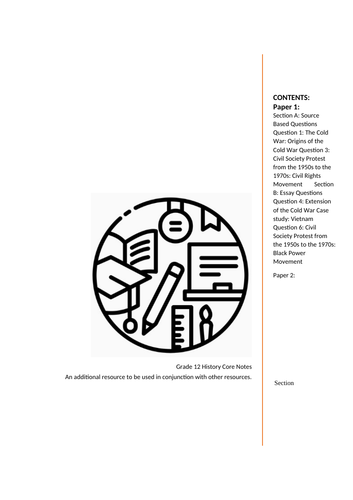

The Cold War was a period of political tension and military rivalry between the United States and the Soviet Union from the end of World War II in 1945 to the early 1990s. Although the two superpowers never engaged in direct military conflict, the Cold War was characterized by a constant state of political, economic, and ideological competition. At its core, the Cold War was a conflict between two opposing ideologies: capitalism and communism. The United States, representing the capitalist West, sought to promote democracy and free market economies, while the Soviet Union, representing the communist East, aimed to spread its ideology and establish socialist states. In conclusion, the Cold War was a period of political and ideological rivalry between the United States and Soviet Union, characterized by a state of tension and competition without direct military conflict. It had far-reaching global implications and influenced the politics, economies, and societies of countries around the world.
The Vietnam War, also known as the Second Indochina War, took place from 1955 to 1975. It was a conflict between North Vietnam, supported by the Soviet Union and China, and South Vietnam, backed by the United States and its allies. The war originated from the complex political and historical dynamics of Vietnam’s struggle for independence from colonial rule. The United States became involved in the conflict to prevent the spread of communism in Southeast Asia, following the domino theory. The war was marked by guerrilla warfare, heavy bombing, and the extensive use of chemical agents like Agent Orange. The Tet Offensive in 1968 was a turning point that shifted public opinion against the war. The conflict ended in 1975 with the fall of Saigon and the unification of Vietnam under communist control. The Vietnam War had profound and lasting impacts, causing significant loss of life, extensive environmental damage, and social and political upheavals in the United States. It remains a complex and controversial chapter in modern history.
Something went wrong, please try again later.
This resource hasn't been reviewed yet
To ensure quality for our reviews, only customers who have purchased this resource can review it
Report this resourceto let us know if it violates our terms and conditions.
Our customer service team will review your report and will be in touch.